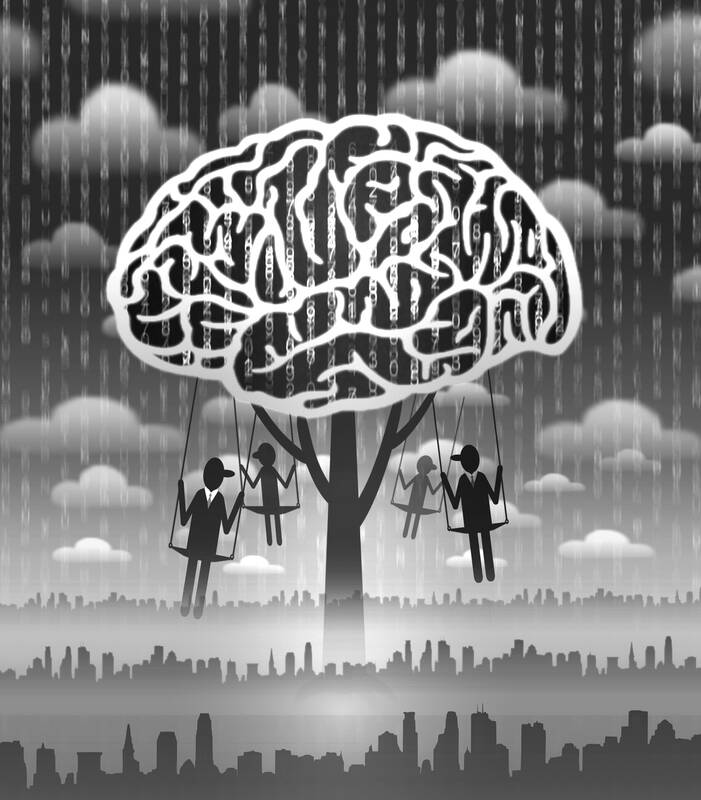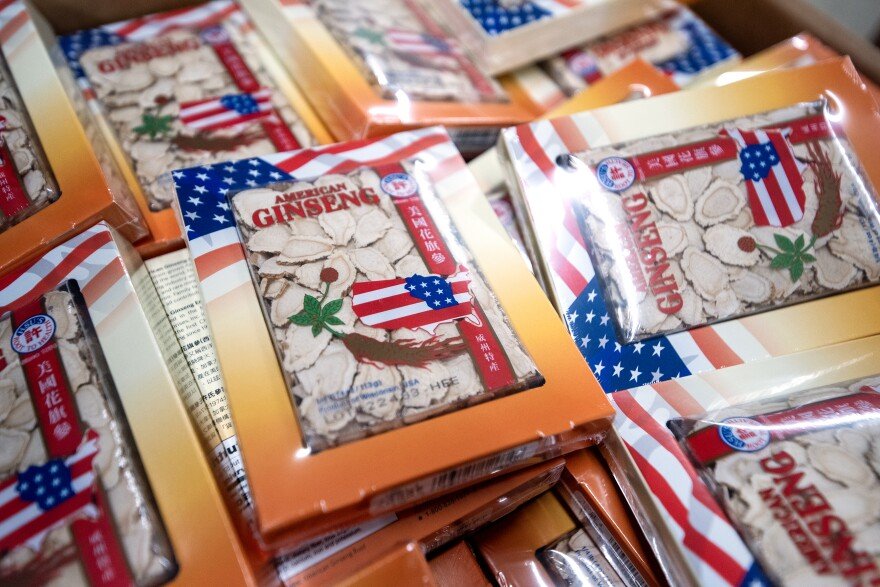DeepSeek has spurred a booming AI sector, but intense competition risks a race to the bottom
-
By Catherine Thorbecke / Bloomberg Opinion
It was a story that has played out many times in the history of China’s tech sector. Notoriously fierce competition means that whenever a new craze comes along, scores of rivals emerge ready to pounce.
Firms are then locked in a race to the bottom when it comes to pricing. The food delivery wars forced out smaller players over the years and led bubble tea — another consumer fad fallen prey — to be sold this month for as little as 1.68 yuan (US$0.23). A similar cutthroat market has left behind a trail of zombie cars in the electric vehicle sector. Now the same forces are in full swing in the booming artificial intelligence (AI) industry.
The stakes could not be higher. The government is betting that the technology would uplift swaths of the economy. Eager to not be left behind, AI start-ups, including the so-called Little Dragons, are awash with funding, and even the Big Tech companies such as Alibaba Group Holding Ltd (阿里巴巴) are going all-in.

Iillustration: Yusha
For now, AI firms in China are focused on the tech industry’s classic playbook: scaling up user bases and racing for market share. However, a key difference this time around is that nobody has actually cracked the key to getting consumers to pay. DeepSeek and open-sourcing breakthroughs have made some headway in cutting down on costs, but eventually something would have to give.
It has all undoubtedly spurred a vibrant innovation ecosystem and the widespread adoption of AI applications. However, it has also forced players to slash prices and even offer services for free, making the industry’s path to monetization uncertain. The intense competition means the biggest risk for Chinese AI firms might not be Washington’s chip curbs or other external factors, but each other.
It represents a stark contrast to the dominance of a few large players in Silicon Valley. For example, China’s top 10 global AI chatbots generated just US$1 million in revenue from Apple’s iOS app store in the past 12 months ending last month, Bloomberg Intelligence analysts wrote in a note recently. Most of this came from Baidu Inc’s (百度) Ernie Bot, which stopped charging consumers in March. By contrast, OpenAI’s ChatGPT bot alone garnered iOS revenue of US$669 million in the same period.
The dilemma has been simmering for a while. At a tech conference last year, Baidu CEO Robin Li (李彥宏) criticized the abundance of AI models in China, complaining of a “significant waste of resources, particularly computing power.” At the same conference, the CEO of MiniMax, one of the Little Dragons, predicted a major consolidation on the horizon.
An industry concentration would help ameliorate some of the pressures. However, instead, the release of DeepSeek’s market-moving reasoning model earlier this year has only spurred fresh pandemonium. Nobody seems willing to back out of the rat race anytime soon.
There were more than 3,700 registered generative AI tools operating in China, according to one analysis of government registration data as of April, and cyberspace administrators were approving roughly 250 to 300 new products per month. Not all would survive.
Some firms might be tempted to seek growth abroad. However, geopolitical realities might get in the way of making it in overseas markets, where consumers have shown more willingness to pay for AI services. Already, countries from Australia to Italy are restricting the use of DeepSeek or banning it on government devices. There was brief hope that the rise of AI agents would offer a way to differentiate a company’s products, but it has become a crowded field.
This puts the Little Dragons at higher risk. Tech giants such as Alibaba, ByteDance Ltd (字節跳動) and Tencent Holdings Ltd (騰訊) have more resources to play the long game, especially in a sector marked by high costs for chips and computing resources.
Official support and insatiable hype remains a strong propellant of China’s AI sector. A former top official predicted earlier last week that the nation is on the cusp of generating more than 100 DeepSeek-like breakthroughs. However, in the long run, it seems just as likely to produce at least a hundred zombie chatbots or AI agents.
Catherine Thorbecke is a Bloomberg Opinion columnist covering Asia tech. Previously she was a tech reporter at CNN and ABC News.






